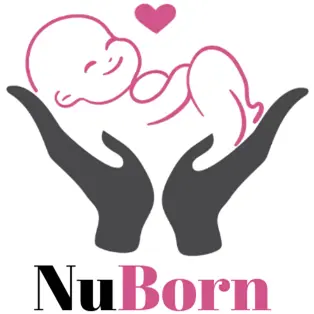As parents eagerly await the arrival of their newborn, one of the first things they expect to hear is the sound of their baby crying. Crying after birth is an essential sign of the baby’s overall health and well-being. However, many parents are unaware of the significance of their newborn crying after birth. In this blog, we will explore the importance of a baby’s cry after birth and why it is not merely a sign of pain, but rather an essential indication of the baby’s respiratory and cardiovascular function.
The significance of a baby’s cry after birth:
As mentioned earlier, a baby’s cry after birth is not merely a sign of pain or discomfort. It is a crucial indication of the baby’s overall health and well-being. When a baby is born, it transitions from an environment where it was receiving oxygen from its mother’s placenta to an environment where it must breathe on its own. As a result, the baby’s first cry after birth is a natural response to the baby’s need to establish respiration.
In other words, the baby’s cry helps to expand its lungs and establish the respiratory process, allowing oxygen to enter the body and carbon dioxide to be expelled. Therefore, a weak or absent cry after birth could indicate a problem with the baby’s respiratory system, such as a blockage or inadequate expansion of the lungs.
The role of respiration in cardiovascular function:
Apart from the respiratory system, the cardiovascular system also depends on the baby’s ability to establish respiration. The heart is responsible for pumping blood and nutrients to all parts of the body, and oxygen plays a crucial role in this process. The oxygen-rich blood from the lungs is carried to the heart, which pumps it to the rest of the body.
If the baby’s respiratory function is weak or absent, it could lead to a lack of oxygen in the blood. This, in turn, can lead to a decrease in the blood pressure, which could affect the baby’s cardiovascular function. In severe cases, the baby’s organs could be affected, leading to multi-organ dysfunction.
Why some babies do not cry after birth?
As we have discussed, a baby’s cry after birth is essential for its overall health and well-being. However, there are instances where some babies do not cry after birth. There could be several reasons for this, such as:
Respiratory distress syndrome: This is a condition where the baby’s lungs are not fully developed, leading to difficulty breathing. Babies born prematurely are more likely to develop this condition.
Meconium aspiration: This occurs when the baby inhales a mixture of meconium (the baby’s first stool) and amniotic fluid before or during birth. This can cause respiratory distress and affect the baby’s ability to cry.
Congenital diaphragmatic hernia: This is a rare condition where the diaphragm (the muscle that separates the chest and abdominal cavity) does not develop correctly, leading to problems with breathing.
Fetal distress: This is a condition where the baby’s oxygen supply is compromised, leading to fetal distress. This can affect the baby’s ability to cry after birth.
Birth trauma: Sometimes, a traumatic birth can lead to physical injuries that could affect the baby’s ability to cry.
The importance of special care for babies who do not cry after birth:
Babies who do not cry after birth require special care and attention. The healthcare provider must assess the baby’s respiratory and cardiovascular function and provide prompt intervention if necessary. Depending on the underlying cause of the lack of cry, the baby may require oxygen therapy, ventilation, or other medical interventions to establish respiration.
Babies who do not cry after birth may also require monitoring for the development of complications such as multi-organ dysfunction. Therefore, close care and monitoring before birth and after birth of baby is needed.

